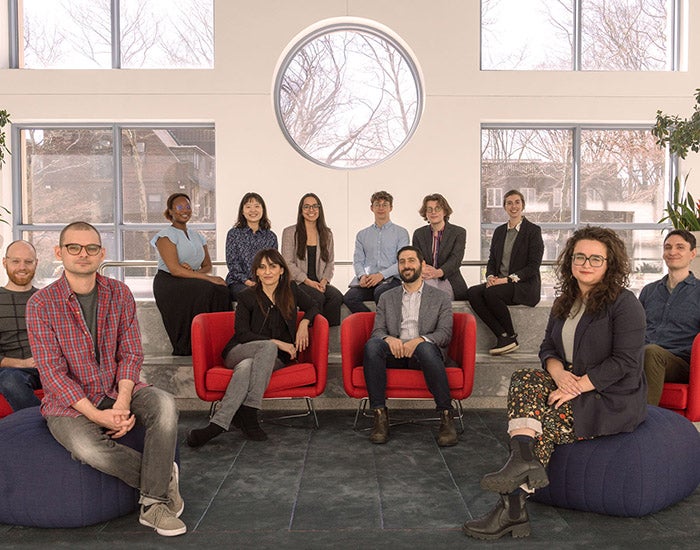
Center for Information Networks and Democracy
Committed to excellence in research on the benefits and risks that information networks have for democracy.

Mission
Led by Sandra González-Bailón and Yphtach Lelkes, CIND brings together researchers developing creative, evidence-driven work at the intersection of political communication and computational social science. We aim to advance our understanding of information networks and their impact on democracy.

News
The Annenberg School Welcomes New Visiting Scholars and Postdoctoral Fellows for 2025-26
As the 2025-26 academic year begins, many new visiting scholars and postdoctoral fellows are joining the Annenberg School for Communication and our various research centers. These scholars will...











